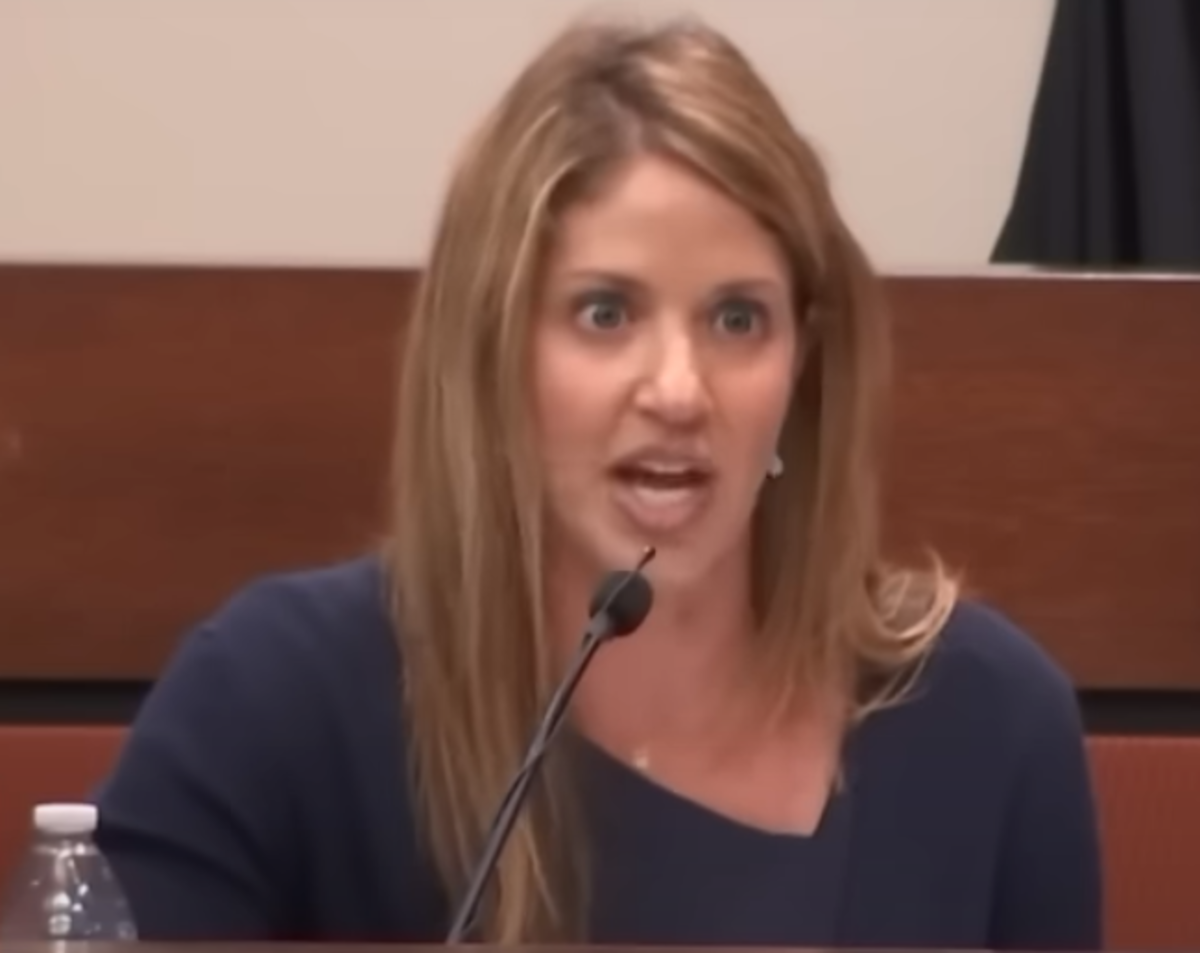Obama: "How do I make the American people more comfortable?"
In a rare press conference, President Obama offered prepared remarks including possible reforms to NSA counter-terrorism surveillance. Accompanying the press conference were the release of White Papers rationalizing the legal and constitutional justifications of the Obama Administration on Section 215 of the Patriot Act, and from the NSA on Section 702 of the Patriot Act.
Perhaps the final NSA question posed to the president at the press conference sums it up best -
"Can you understand, though, why some people might not trust what you're saying right now...?"
Indeed.

For President Obama's part, he came into office with these programs largely in place. Once in office, Obama oversaw a thorough review our surveillance programs, and corresponding reforms we put in place in order to "strike the right balance." Among these reforms were the abolishment of the Stellar Wind program and congressional re-authorization requirements for FISA, which established the Foreign Intelligence Surveillance Court.
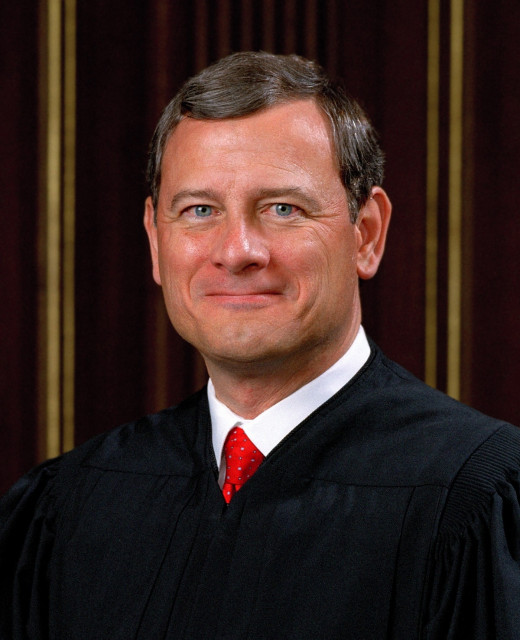
The FISC justices are appointed by the chief justice of the supreme court. Chief Justice Roberts has appointed all 11 current members, 10 of whom just so happen to be republicans. Since the court's inception in 1978, only 11 of 33,000+ gov't requests have been denied (.03%), and none since 2002.
Hence, all three branches of government are keenly aware of the extent to which surveillance is being applied to the activities of American citizens, and have "signed off" repeatedly, comfortable that "safeguards" are sufficiently in place.
Despite this being his case, Obama offered additional possible reforms
- Congressional reform of Section 215
- A privacy advocate/civil liberties officer to appear before FISC
- Declassification of legal rationales
- Transparency website
- Outside experts to look for abuse and consider implications
Why then pray tell, are any additional measures necessary at all, if it is in fact true that appropriate reforms have already been made, and that the three branches are comfortable with the scope of our surveillance programs? To better protect American citizens from an Orwellian surveillance-state run amok? Pshaw. Nay, this is an admitted attempt to simply "make the American people more comfortable" with the surveillance state.
Were these possible reforms to be made reality though, would fears of institutional and ongoing civil liberty abuses be allayed? Sure. Congress could repeal the Patriot Act (especially Sections 215 & 702) and disband the FISC, the Obama administration could limit over-classification, could appoint a Church-style Committee with subpoena powers, and put these programs up to the scrutiny of the Supreme Court and 4th Amendment. Now that would certainly be comforting to the American people.
And President Obama wants us to be perfectly clear, Ed Snowden has nothing to do whatsoever. Complete coincidence, we are to believe.

"I called for a thorough review of our surveillance operations before Mr. Snowden made the leaks...I never made claims that all the surveillance technologies that have developed since the time some of these laws had been put in place somehow didn't require potentially some additional reforms. That's exactly what I called for...I signed an executive order well before Mr. Snowden leaked this information...I actually think we would have gotten to the same place."
Obama did concede however, that "there's no doubt that Mr. Snowden's leaks triggered a much more rapid and passionate response."
And this speaks to the trust issue. Obama has repeatedly asserted his supposed welcoming of this debate, while also claiming to have concluded said debate, sans public input, back in 2009. When in fact this debate has been proactively blocked by the Obama Administration, to the point of perjury before Congress.
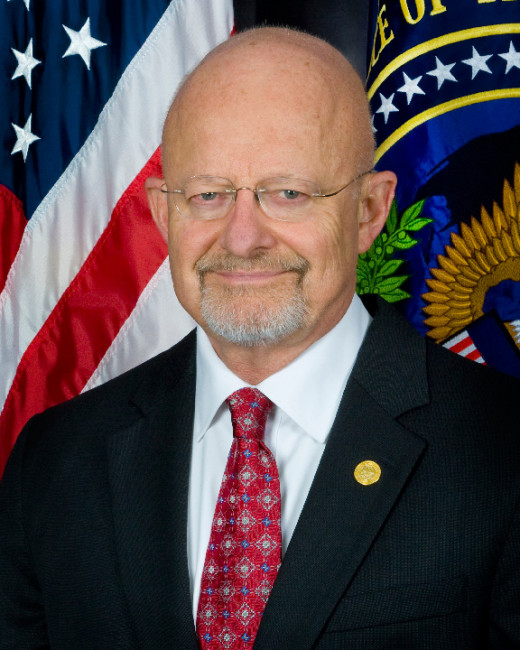
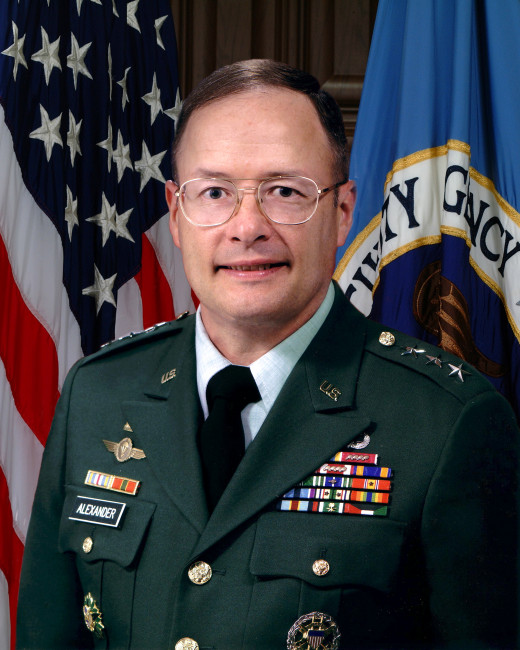

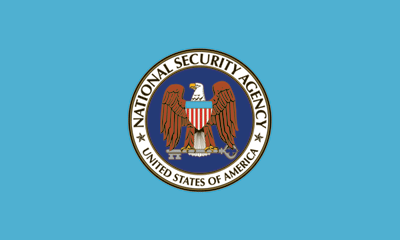
Recent reports have James Clapper appointing the independent review board. After a walk-back, we were then told that Clapper (Director of National Intelligence) will simply oversee the independent board tasked with oversight of the NSA. The president may as well be spitting in our collective faces.
The prevalence of legalese riddling Obama's statements are as inescapable as they are disturbing, and his preference for arguing against memes rather than actual criticisms, is certainly as disconcerting.
"...(A)nd a general impression has, I think, taken hold not only among the American public but also around the world that somehow we're out there willy-nilly just sucking in information on everybody and doing what we please with it."
No, Mr. President. No one is claiming that anything at all is necessarily done willy-nilly. I would imagine that it requires a deep level of contemplation in order to fabricate a legal rationale capable of redefining the words "relevant" and "reasonable" into a veritable "everything and everyone, just in case". Terms such as principally and generally do not exactly serve to assuage.
"'(R)easonable grounds to believe' that this category of data...will produce information pertinent to...''
We are told that in order to find the needle in a haystack, we must first have a haystack to search. I would submit that the needle is easier to spot without the added noise of the haystack. It's a little thing we call investigation, gumshoeing. Instead, we get seed identifiers who initiate three hops of surveillance.
Widespread abuse? Yet another straw-man. The fact that the mass-collection is occurring at all constitutes abuse in and of itself to those concerned with civil liberties of freedom and privacy. Prevalence of widespread abuse is not necessary to the debate, the capacity for such is deeply concerning.
"(T)he programs are operating in a way that prevents abuse...I am comfortable that the program currently is not being abused."
Even if we were to concede this to Obama, Mr. Snowden's actions showcase the ease with which our rights can be tossed assunder, regardless of your personal trust in the current president. Obama asserted that those in the intelligence community are patriots who love America and share American values, while conveniently omitting his apparent prior trust in Snowden and his ilk. Obama was quick to deny Snowden patriot-status, even stating that "the fact is that Mr. Snowden has been charged with three felonies..."
Daniel Ellsberg was charged. Thomas Drake was charged.
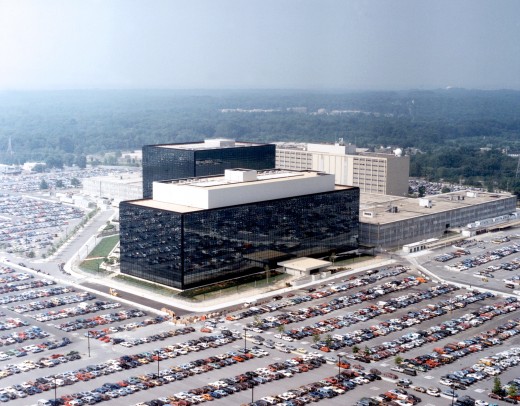

There are nearly 5 million people with security clearances, many working for private companies. Despite the "safeguard" of the McCarthy-esque Insider Threat program, stuff happens (see Manning, Bradley & Snowden, Edward). The president wants us to simply trust that everyone in the intelligence community is trustworthy, and would never abuse our civil liberties (Petraeus & Spitzer would likely disagree with that sentiment) because the intelligence community is just so darned trustworthy.
Maybe I don't trust Justice Roberts, and his personally appointed parallel supreme court. Maybe I don't trust all of the 5 million people with security clearances. Maybe I wouldn't trust a President Cruz or President Gohmert to exercise as much caution as we are to believe that President Obama has supposedly displayed.
Maybe the Fourth Amendment is more important that any particular administration..








